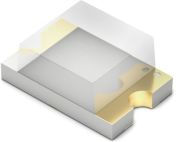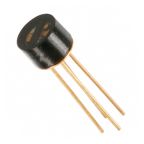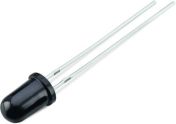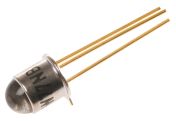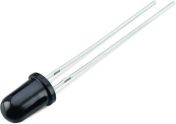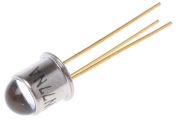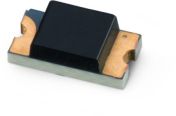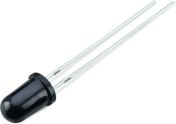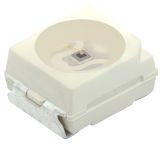Phototransistors
A Phototransistor is a two-lead or three-lead semiconductor that is more sensitive than a photodiode. It senses light levels and uses them to alter currents to create an electrical signal.
The bipolar semiconductor is can be made from silicon or another semi-conductive material.
How do Phototransistors work?
Once detection of light such as IR (infrared), visible light or UV (Ultraviolet) is successful, the device will alter a current flowing between an emitter and collector, depending on the light and level of intensity it receives.
Features and Benefits
•Reflow surface-mounting support
•Small, ultra-thin
•High sensitivity
•Electromagnetic noise resistance
•High linearity
•Produce a higher current than photodiodes
Where might I use a Phototransistor?
A photo transistor can be used in many different devices and applications such as:
• Photo interrupters
• Industrial electronics
• Human detection devices
• TV
• Air conditioning
• Digital photo-frames
• PCs or Laptops
• Automatic switches (lighting equipment)
• IP cameras
• Security devices
• Home electronics
